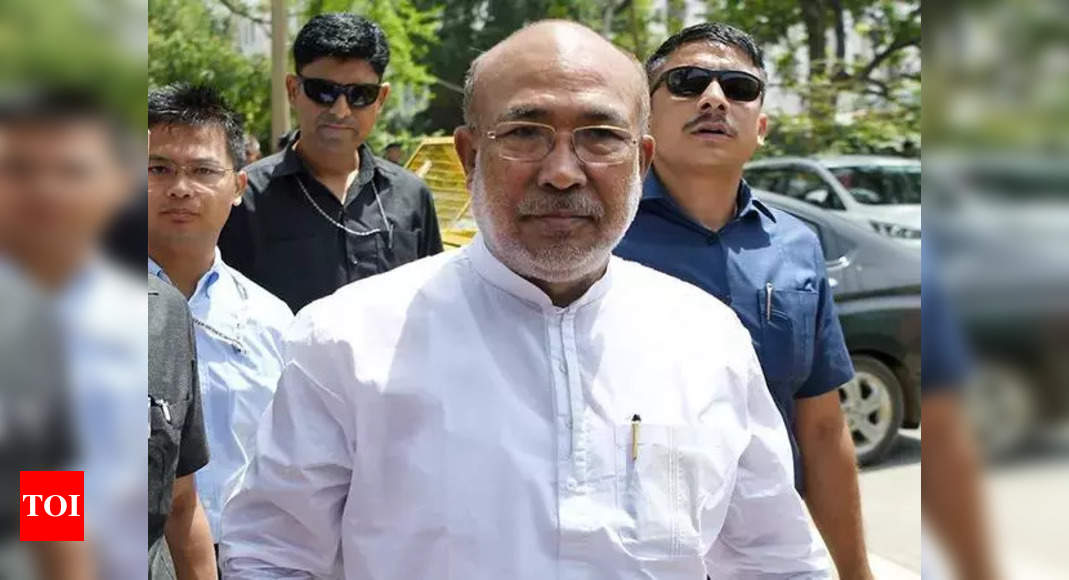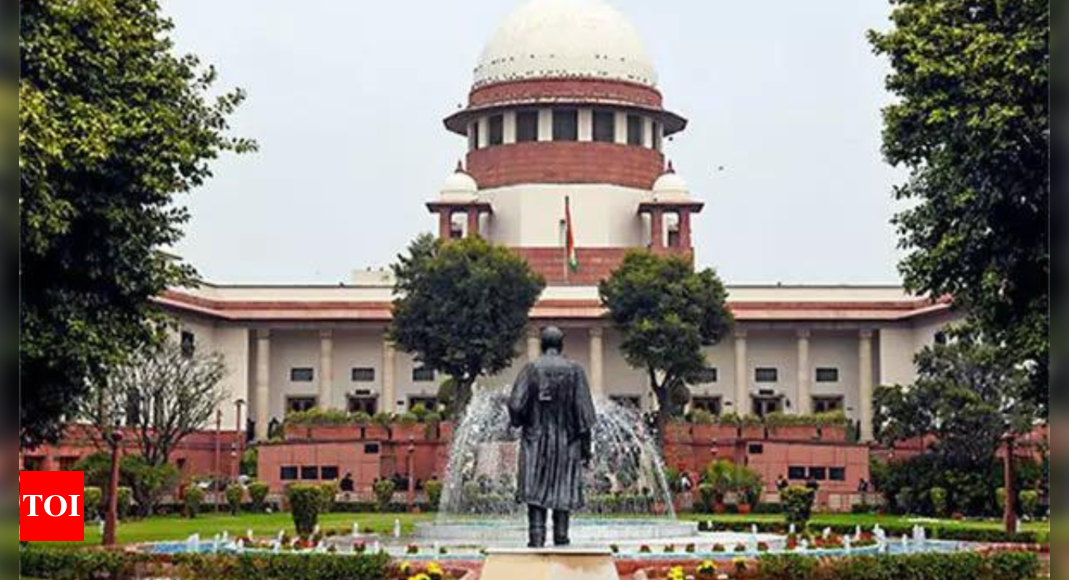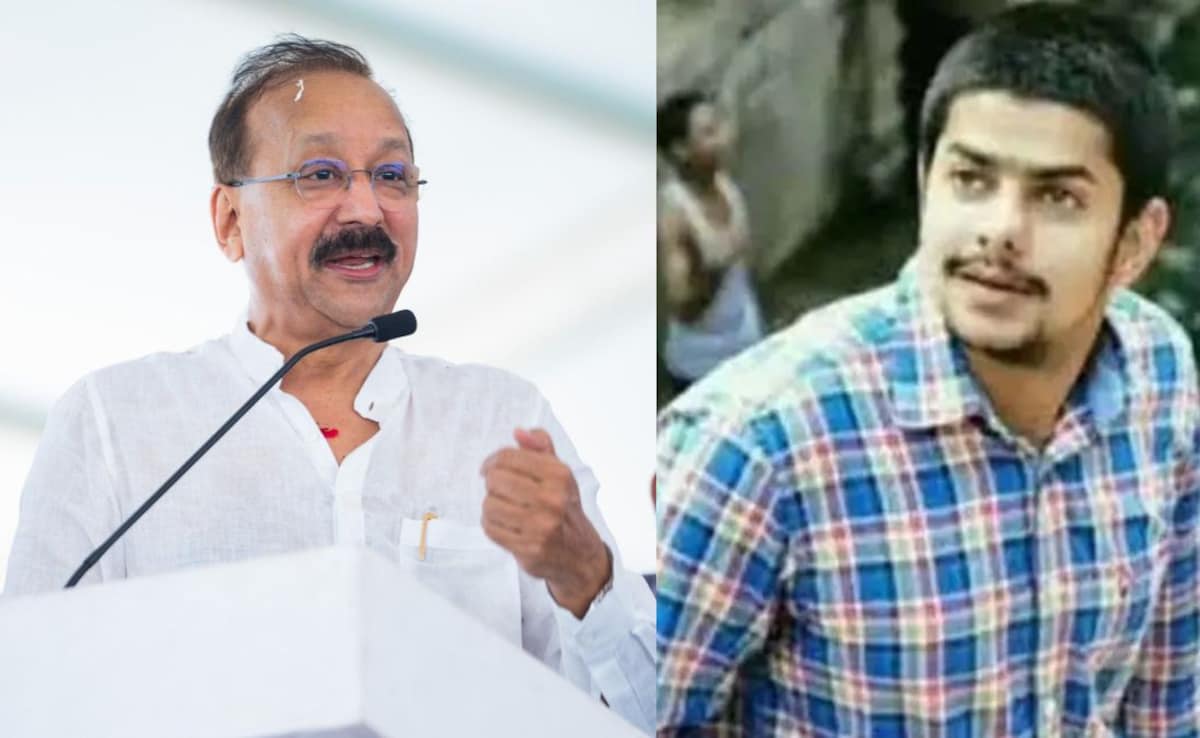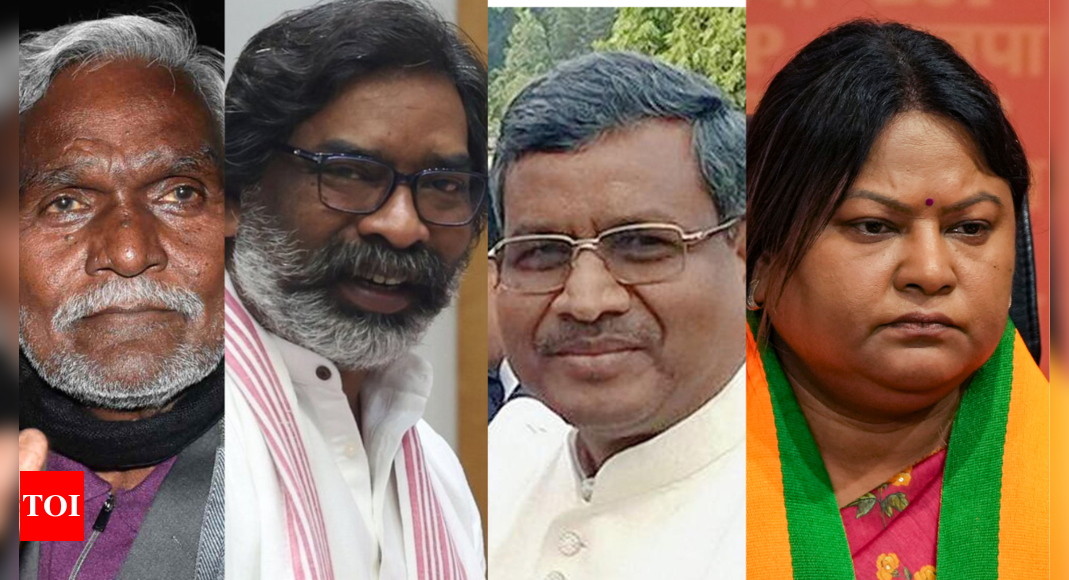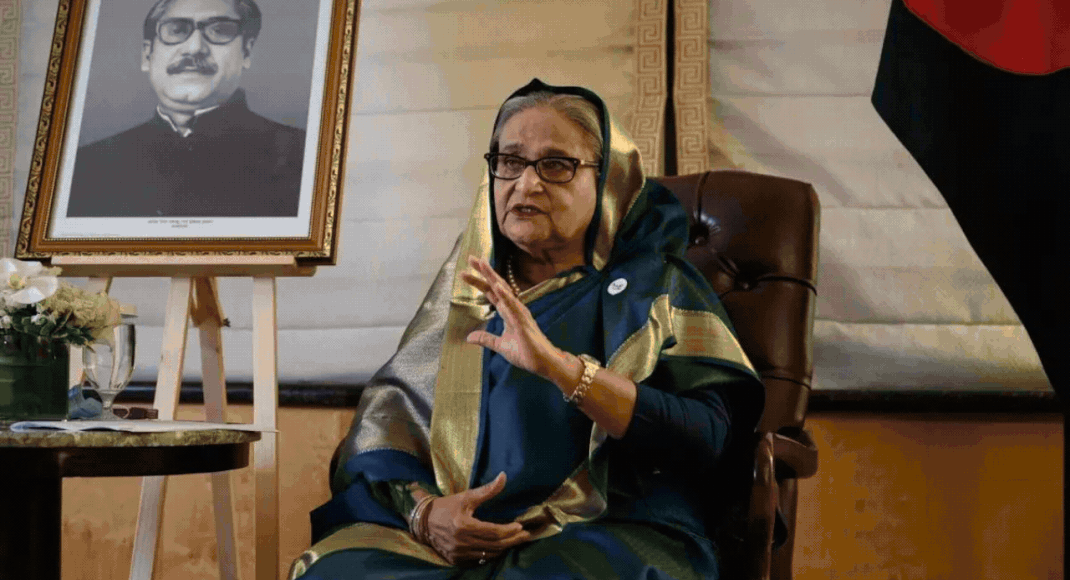
Bangladesh is once again in turmoil, with nearly 100 people killed on Sunday as protesters clashed with security forces and supporters of the ruling party. The following day, protesters breached the Prime Minister’s palace, forcing her to tender her resignation and flee the country.
Sheikh Hasina Lands At Indian Air Force Base Near Delhi After Fleeing Bangladesh – Report
Last month, at least 150 people were killed and thousands injured in violence sparked by student groups protesting against reserved quotas in government jobs.
What triggered the protest?
The protests began last month following a high court order to restore a 30 percent job quota for descendants of freedom fighters.
Students called for the elimination of this quota, but Prime Minister Hasina refused to meet their demands, citing ongoing court proceedings. Her comments labeling those opposing the job quotas as ‘Razakars,’ collaborators with the Pakistani army during the 1971 War of Independence, provoked thousands of students to leave their dormitories at Dhaka University and protest.
Hasina’s remark intensified the tension, leading to deadly and widespread civil unrest across the nation, claiming over 120 lives. Later, Bangladesh’s top court scaled back the controversial quota system for civil service job applicants, reducing its scope but stopping short of complete abolition.
Former Prime Minister Hasina is personally tied to the quota system, as her father, Sheikh Mujibur Rahman, was the country’s founding leader.
Hasina Ousted, Meet The New Boss Of Bangladesh | Who Is General Waker-uz-Zaman | Watch
Economy and unemployment in country
Experts also attribute the current unrest in Bangladesh to stagnant job growth in the private sector, making public sector jobs, with their regular wage hikes and privileges, highly attractive.
The quotas sparked anger among students grappling with high youth unemployment, as nearly 32 million young people are out of work or education in a population of 170 million.
The once rapidly growing economy, fueled by the booming garments sector, has now stagnated. Inflation hovers around 10% per annum, and dollar reserves are shrinking.
How govt responded
Prime Minister Sheikh Hasina said that those protesting were not students but terrorists, urging the public to “suppress them with a firm hand.” According to Prothom Alo newspaper, Hasina said,
“Those engaging in sabotage in the name of protest across the country are not students but terrorists.” She convened a meeting of the National Committee on Security Affairs at Ganabhaban, as reported by sources from the Prime Minister’s Office (PMO).
“I appeal to the countrymen to suppress these terrorists with a firm hand,” she declared. The meeting was attended by the chiefs of the Army, Navy, Air Force, police, RAB, BGB, and other top security officers.
Sheikh Hasina Escapes To India After Resignation As Bangladesh Army Prepares For Takeover – Report
Supreme Court’s ruling
Bangladesh’s Supreme Court on July 21 ruled against reintroducing job quotas, a decision critics viewed as aligning with Hasina’s government. The verdict did not satisfy protesters’ demands to abolish job reservations for children of “freedom fighters” from Bangladesh’s 1971 independence war.
Calls for Hasina’s resignation
The ‘Students Against Discrimination’ group, which led last month’s job quota protests, is now leading new demonstrations. After the Supreme Court scrapped most quotas on July 21, protesters returned demanding a public apology from Hasina, the restoration of internet connections, reopening campuses, and releasing those arrested.
By the weekend, the protests escalated, with demonstrators seeking Hasina’s ouster and justice for those killed last month. The group called for a nationwide non-cooperation movement starting Sunday, demanding Hasina’s resignation.
Hasina rule ends after 15 years
Bangladeshi Prime Minister Sheikh Hasina’s 15-year rule ended on Monday as she fled the country amidst weeks of deadly protests, with the military announcing it would form an interim government.
Bangladesh Army Chief’s Three Big Announcements As He Addresses Nation Post-Hasina Exit
Since early July, Hasina had attempted to quell nationwide protests against her government. However, she fled after a brutal day of unrest on Sunday that left nearly 100 people dead.
In a broadcast to the nation on state television, Bangladesh’s army chief Waker-Uz-Zaman announced on Monday that Hasina had resigned and the military would form an interim government.




